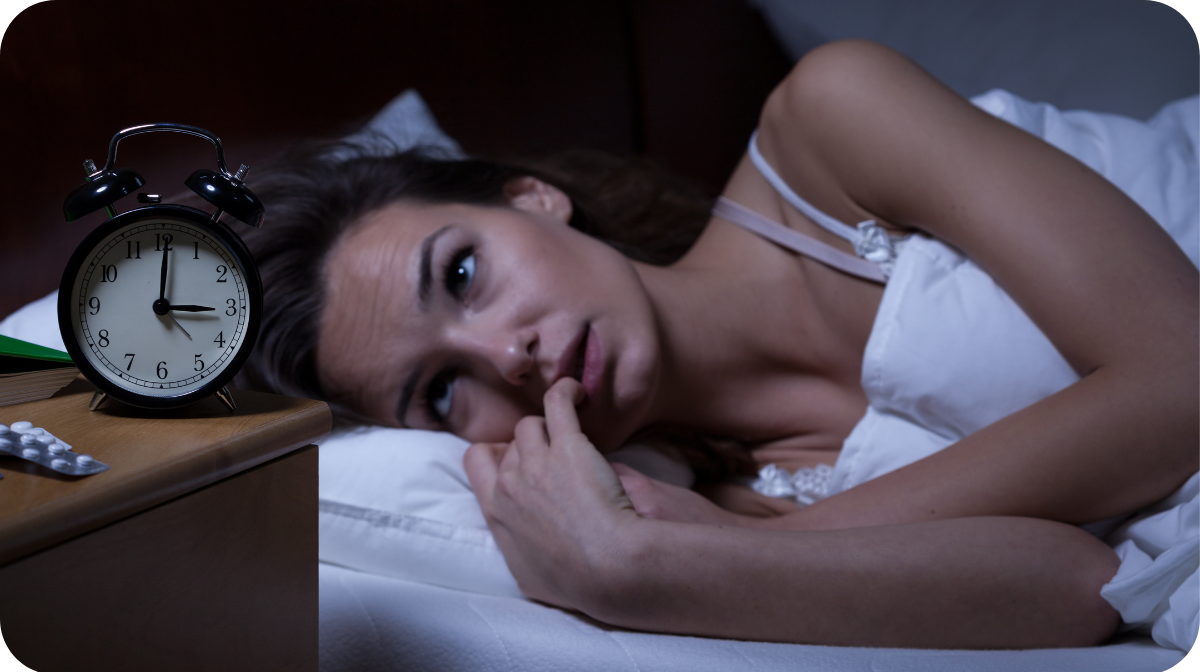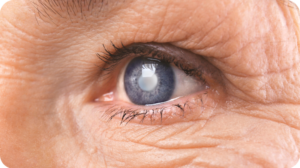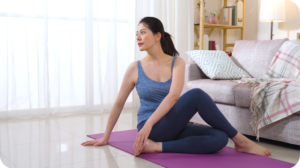What most people consider insomnia is usually just an occasional problem. Clinical insomnia is an ongoing, debilitating condition that often requires medical intervention. At the very least, it would require the attention of a medical expert and a professional diagnosis.

Most of us, however, experience less severe occasional bouts of sleeplessness. Just the same, no matter when sleep issues occur, they are frustrating. Sleep disturbance comes in two flavors: sleep onset, and sleep maintenance. The first is difficultly falling asleep, and the second describes the tendency to wake up out of a sound sleep for no apparent reason (often coupled with difficulty falling back asleep). There are simple strategies to help anyone overcome either type.
Beating Sleep Onset Issues
Most commonly, sleep onset is disrupted by an identifiable cause. Common culprits include caffeine or alcohol consumption close to bedtime, late-day napping, stress, and a disrupted sleep schedule. Here are strategies for dealing with sleep onset difficulty.
- Routine. Going to bed and waking up on a schedule will go a long way to heading off sleep-onset difficulties.
- Bed meditation. Staring at the ceiling after tucking yourself into bed? Clear your mind and focus on your breathing, letting your thoughts arise and dissipate. This is a simple form of meditation and you don’t need to get out of bed to do it. If it helps focus your mind, you can count your breaths.
- Shower or bathe. If you’re having trouble falling asleep, take a long warm shower or bath and then get right back into bed. The temperature change will prepare your body for sleep.
Dealing with Mid-Sleep Wake-ups
This is often the more difficult challenge to overcome. You suddenly find yourself awake in the middle of the night (or extremely early in the morning). There is often no explanation, and the experience can be immensely frustrating as you struggle to get back to sleep. Here are tried-and-true methods for doing just that.
- Progressive relaxation. Starting with the crown of your head and working down the body, linger for a few seconds on each body part, consciously relaxing that muscle or muscle group. The mere process of doing this for your entire body often brings on drowsiness.
- Restart. If, after twenty to the thirty minutes of tossing and turning you are not any closer to sleeping, get up. Wash dishes, walk around, or just stare out a window. Don’t watch TV or turn on any lights, except as needed for safety. After about five minutes, slip under the covers.
- Read. If all else fails, read a book or magazine even if you don’t necessarily feel like reading. A few minutes of reading can relax you and get your mind off of not sleeping. When you start to feel drowsy, put the book down and turn off the light.
Although these strategies can be effective, don’t be overwhelmed if you simply can’t get a good night’s sleep. Occasional insomnia is not the end of the world and shouldn’t be a cause for worry. If, however, you experience serious sleep disruption three days in a row or for several weeks running, it’s time to consult your primary healthcare provider about possible causes, and potentially setting up a sleep study. Long-term sleep deprivation can contribute to several serious medical issues (see more about that in our recent post, “Is Bad Sleep Damaging Your Liver?”) should be addressed as soon as possible.
Share some love if you like this post!







